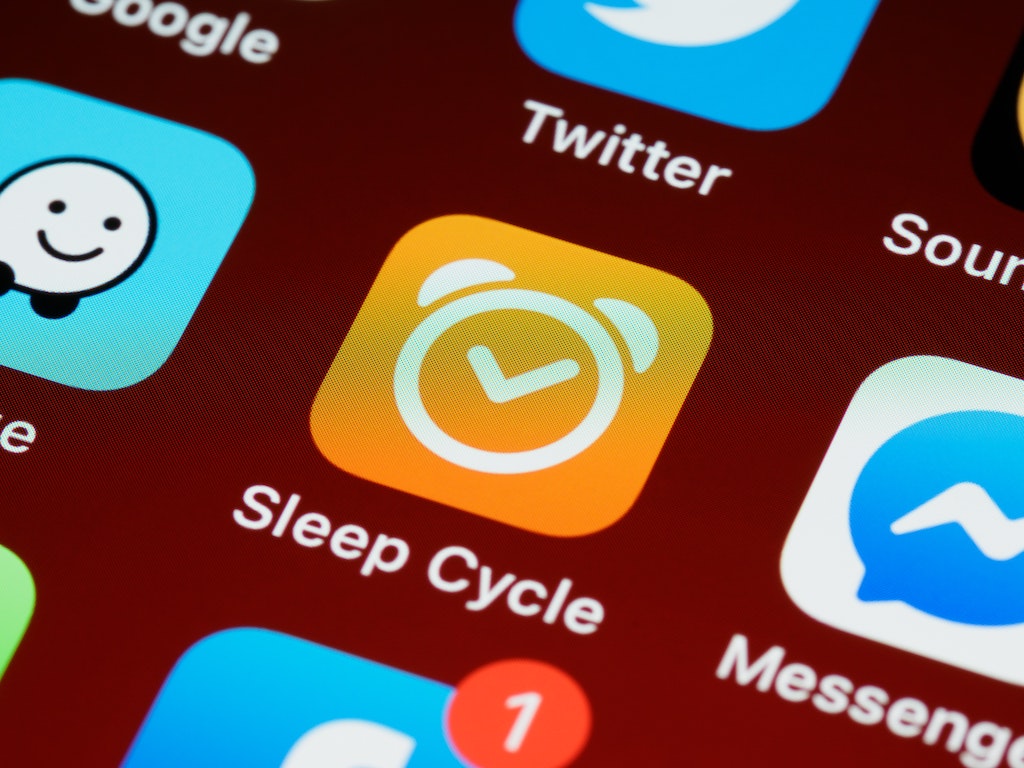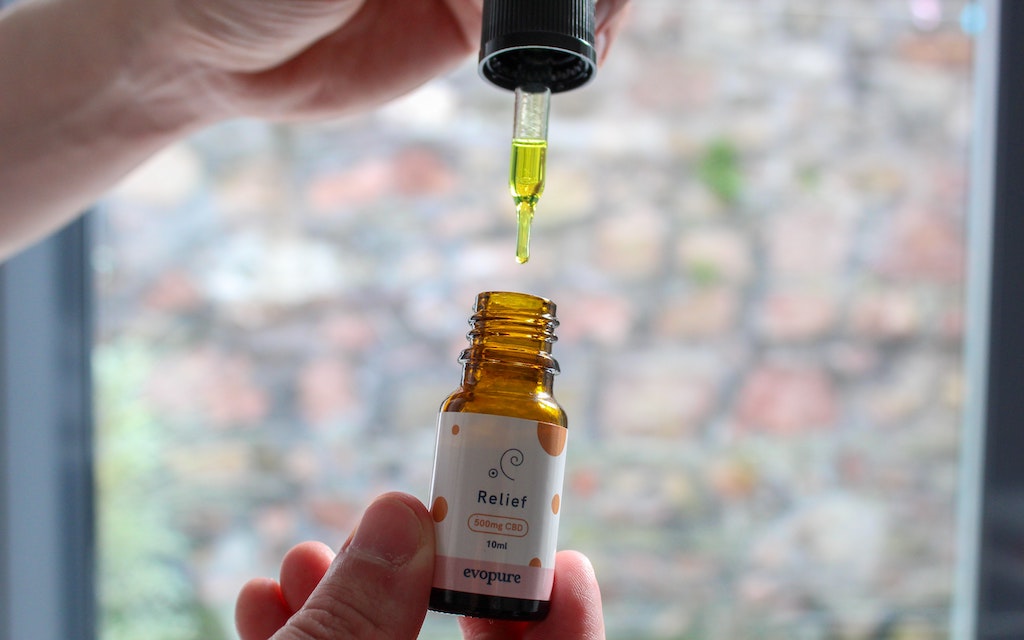4 Mins Read
New research has found that the global mental wellness economy has ballooned to a market worth more than US$120 billion, driven by growing consumer spending in four main segments including sleep, brain-boosting nutraceuticals, self-improvement and meditation. Describing the mental wellness sector as the new “industry bubble”, the report says that there has never been a stronger priority on emotional and mental well-being in recent years – a trend that has only accelerated in the wake of the pandemic.
Published on Tuesday (November 9), the report, titled Defining the Mental Wellness Economy, marks the first major research report to define and examine the sector and the key sub-segments of what is already a US$120 billion global market. It was released by the Global Wellness Institute (GWI), a nonprofit organisation providing research and education on health and wellness worldwide.
Four main sub-markets were identified in the report as the pillars of the mental wellness economy, led by the US$49.5 billion sector for senses, spaces and sleep, representing products and services that are focused on the mind-body connection and the explosive range of sleep and sleep-optimising solutions that have emerged over recent years. This category also includes sound, light and touch therapies, and other multisensory experiences such as floatation tanks, forest-bathing and wellness-oriented travel and fitness destinations and activities.

The second biggest segment of the economy is brain-boosting nutraceuticals & botanicals, which now represents US$34.8 billion and encompasses products such as natural supplements, functional foods and drinks, and plant-based drugs such as cannabis, hemp and CBD – all of which are desired by consumers for their properties that improves brain health, memory and energy.
Predicting major growth within this sector, researchers at GWI believe that the current rapidly growing evidence from clinical research for functional mushrooms and psilocybin suggests that psychedelic drugs will increasingly be used for both mental wellness and clinical treatment purposes in the future.
Stress, loneliness and burnout were exploding pre-pandemic, and a stronger focus on mental wellness has been a cultural mega-shift these last few years: People awakening to the importance of integrative solutions including meditation, sleep and brain health, with businesses rushing in to offer all kinds of solutions.
Ophelia Yeung, Senior Research Fellow at GWI

“In the U.S. last week, Oregon legalized magic mushrooms and the District of Columbia decriminalized the recreational use of psilocybin and other psychedelics,” explained GWI analysts in a statement.
Commenting on the crucial drivers of the nutraceuticals & botanicals and the explosive growth in the mental wellness economy as a whole, Ophelia Yeung, senior research fellow at GWI said: “Stress, loneliness and burnout were exploding pre-pandemic, and a stronger focus on mental wellness has been a cultural mega-shift these last few years: People awakening to the importance of integrative solutions including meditation, sleep and brain health, with businesses rushing in to offer all kinds of solutions.”
“While most mental wellness strategies are free–like spending time in nature or with friends–people increasingly seek non-clinical help in coping with everyday mental challenges, and that’s where the mental wellness industry comes in.”

Study after study shows how the human suffering and economic dislocations caused by the pandemic have ravaged our mental wellbeing. People are desperate for alternative strategies to cope.
Katherine Johnston, Senior Research Fellow at GWI
The smaller two sub-segments of the mental wellness economy is the US$33.6 billion self-improvement market, spanning self-help products and online platforms, and personal development influencers, workshops and retreats, as well as the US$2.9 billion meditation and mindfulness sector. GWI explains that while the latter is “most firmly associated” with mental wellness, it represents the smallest market because many of its activities do not involve spending, such as relaxation exercises and mobile apps like Headspace, though many business opportunities lie ahead for meditation-related gadgets and technologies.
Speaking about how the coronavirus will only fuel the growth of the mental wellness industry, GWI senior research fellow Katherine Johnston said: “Study after study shows how the human suffering and economic dislocations caused by the pandemic have ravaged our mental wellbeing.”
“People are desperate for alternative strategies to cope, and we hope [our report] clarifies how important it is to promote mental wellness – and how businesses, governments and individuals can all play different roles in addressing a growing crisis.”
All images courtesy of Unsplash.




